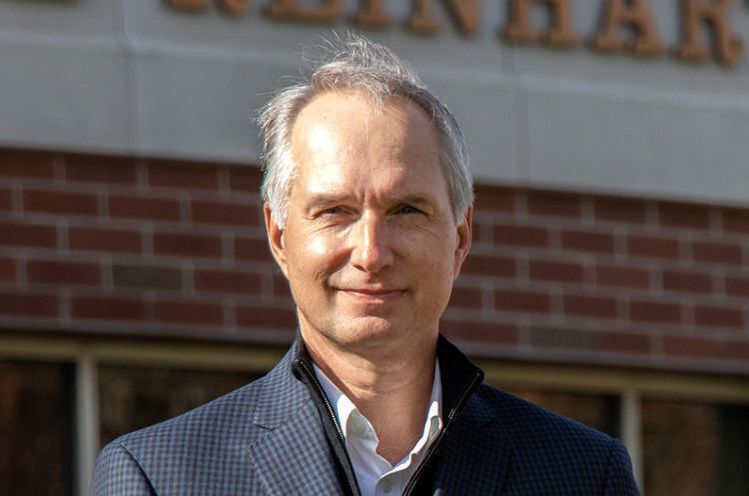Richard Kyte: The day Santa Claus came to our door
I met Laale at a monthly meeting of a conservation group. He just showed up one evening, a big man with a full beard, a ponytail and a larger-than-life presence. He had lived all over the mountain west, and — to hear him tell it — had fished with just about every notable trout angler and on every famous river one might name.
Laale knew how to tell a story. The problem was, he never stopped telling them, and most of his stories stretched the bounds of believability.
He paid little attention to social cues, repeatedly failing to notice the times he offended others by interrupting or speaking far too loudly. If anyone tried to rein him in, he would get downright rude. After a particularly disagreeable incident involving a string of obscenities, he was asked to leave and not come back.
Rudeness is contagious. Those who are on the receiving end of negative actions and comments are more likely to pass them on to others, causing a downward spiral of rudeness. So, when people like Laale shows up, it’s understandable when people want to banish them.
Those who work in service professions — such as nurses, teachers, waiters and store clerks — have experienced a sharp rise in rude behavior. Evidence suggests that incidents of incivility in the workplace have more than doubled over the past two decades. Those who are subjected to rude behavior each day pay a heavy emotional price.
But an even greater consequence of allowing incivility to go unchecked is that we all gradually harden our hearts a little bit more; we become defensive and indifferent; at each new encounter, we expect to find malice.
The truth is, most incivility arises not out of malice but out of ignorance and stress. Stopping rude behavior is understandable, even necessary, but hating someone for what they do or say only does harm to ourselves. Still, it can be hard to separate one’s judgment about the behavior from one’s judgment of the person. It’s hard to love someone who is shouting at you.
In his book “Civility,” Stephen Carter writes: “I suspect it will be possible to treat each other with love only if we are able to conceive doing so as a moral obligation that is absolute, something we owe others because of their personhood, bearing no relation to whether we like them or not.”
In the coming years I would run across Laale a few more times. He was always eager to talk and would want to get together again, but then I wouldn’t see him for months. Sometimes he would show up at my house unexpectedly with something to sell, a slab of walnut or a gallon of paint he had scavenged from somewhere. We would sit down for a couple hours and swap stories, and I gradually came to know more about his situation.
Years before he had been in a construction accident and suffered a serious back injury that kept him from doing the things he loved, like hunting and fishing. His immobility led to weight gain which led to diabetes. He was estranged from his family, unemployed and frequently homeless. Most of the time he lived in his van.
One mid-December morning, I saw him sitting on a park bench. He looked pretty rough, as if life’s circumstances had finally beaten him down. He had found an apartment, he said, but there was no enthusiasm in him, no stories. We sat quietly for a bit. Then he picked up his cane and shambled down the street.
That afternoon I put together a bowl of fruit along with some flowers and a Christmas card. He was surprised to see me and a little embarrassed at the state of his lodgings. It had been a long time since someone had given him a gift; he stumbled over his words.
On Christmas morning the doorbell rang. I opened the door and there stood an old man with a big belly, a gray beard and a twinkle in his eye, holding a bag full of presents. He didn’t want to come in; he just wanted to wish us a merry Christmas and be on his way.
There were four gifts inside, one for each member of my family, carefully done up in cast-off wrapping paper. Laale had purchased books for us at the public library’s annual sale. They hadn’t cost him much, but they were thoughtful, each carefully chosen with an eye to our particular interests.
Sometimes I’m asked how I can recommend telling children that Santa Claus is real. Isn’t that unethical? Isn’t it teaching children that it’s OK to lie? But I think it is telling children the truth.
The most profound stories passed down from the past are the ones confirmed by our own experiences, if only we allow ourselves to be open to them. The stories we tell during the Christmas season, not only about Santa, but about the time divine love came into the world in the humblest of circumstances, and how that love has the power to lift us out of darkness, that story also is true.
In our cynical age, we put too much emphasis on belief and too little on simply paying attention. We are surrounded by holiness. We only need eyes to see it.

